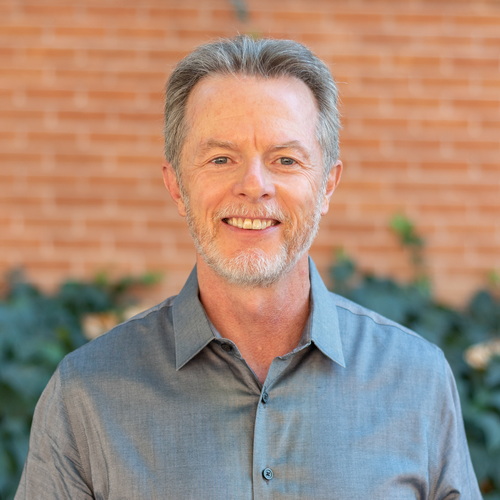David Schmidtz
Freedom Center Founding Director; West Virginia University Professor and Presidential Chair of Moral Science and Director of Social Philosophy and Policy Center
David Schmidtz founded the University of Arizona Center for Philosophy of Freedom in 2010 and served as Director until 2023. He remains editor-in-chief of Social Philosophy & Policy.
While at the University of Arizona, Dave was Kendrick Professor of Philosophy and Eller Chair of Service-Dominant Logic. He designed, ushered through to approval, and then served as the founding Head of the Department of Political Economy & Moral Science.
Dave is Professor and Presidential Chair of Moral Science, and Director of the Social Philosophy and Policy Center at West Virginia University’s Chambers College of Business and Economics.
He aspires to pick up where the Scottish Enlightenment left off, treating Ethics as a subject that begins and ends with observation: specifically, observation of the human condition and of what tends to improve it. Today’s moral theories often focus on questions of what to do, whereas David Hume and Adam Smith were more focused on what works. Their questions were about which principles have a history of demonstrably being organizing principles of actual thriving communities at their best. See Living Together.
Here is a 16 minute digest of Dave’s talk in Moscow on ‘The Return of Ethics.‘ The interviewer is prominent local actor and producer Robert Anthony Peters. (See Robert’s short film Tank Man.) The executive producer is Patrick Reasonover. See Patrick’s film They Say It Can’t Be Done.
Here is a 50 minute talk at La Sierra University on Adam Smith.
Here is a suite of 4 x 4 minute videos on equality hosted by the Institute for Humane Studies and the John Templeton Foundation.
Here are reflections on the academic job market in two 15 minute parts. The first part is here. The second part is here.
Here are samples of Dave’s essays on moral theory, property rights, on corruption, on Adam Smith, and on realistic idealism (here and here).
He still works on the nature of humanly rational choice in the real world (humanly rational strategies, humanly rational ends, realistically rational altruism) and on the contingent but robust connections between real rationality and real morality. He still thinks about wrong turns in our history that led to, for example, theorists being unable to see the extraordinary things that ordinary people do to deserve their good fortune. And he still ponders the meaning of life. At last count, his work had been reprinted 109 times in 16 languages.
Degrees
- PhD, University of Arizona (Philosophy, 1988)
- MA, University of Arizona (Economics, 1987)
- MA, University of Arizona (Philosophy, 1985)
- BA, University of Saskatchewan (Philosophy, 1983)
- B.S., University of Calgary (General Studies/Biology, 1982)


